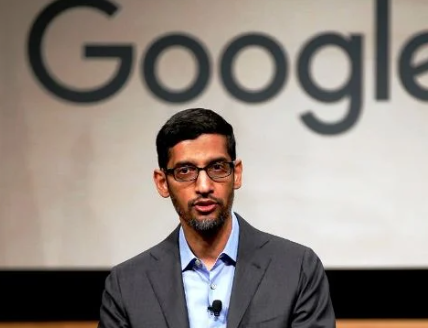Elon Musk, the billionaire entrepreneur known for his ventures in space, electric vehicles, and artificial intelligence, has increasingly ventured into the political sphere, drawing attention and raising concerns among analysts, political leaders, and social critics. His online presence, combined with his business empire, has made Musk an influential figure, particularly in Europe, where his political maneuvers seem to align with or support rising far-right ideologies.

Musk’s political activities, notably through social media and his companies like Twitter (now X), have sparked debates about the role of tech magnates in shaping political discourse. His outspoken views on freedom of speech, cancel culture, and public policy often resonate with far-right groups, especially in European nations grappling with rising nationalism and populism. As Musk leverages his platform to express controversial opinions, he has become a symbol of defiance against what some perceive as a left-leaning political establishment. This has made him a key figure in the culture wars, where political polarization is deepening, especially among younger generations. Musk’s rhetoric, which often includes criticisms of government intervention, leftist movements, and social justice causes, finds a receptive audience in Europe’s more conservative and nationalist circles.
In several European countries, far-right movements have been gaining momentum, challenging traditional political norms and advocating for more nationalist, anti-immigrant policies. While Musk himself has not explicitly endorsed any far-right parties or movements, his influence and public statements appear to mirror the values espoused by these groups, particularly in terms of advocating for individual liberty, free-market principles, and skepticism of state control. Countries such as Hungary, Poland, and France have seen a surge in far-right populism, with leaders openly rejecting the European Union’s progressive policies. In these contexts, Musk’s economic success and ideological stance, which emphasizes deregulation and a rejection of what he calls “woke” culture, resonate with far-right political agendas.
One of the most significant concerns regarding Musk’s political influence is his impact on young men. Research shows that far-right ideologies are increasingly attracting younger demographics, particularly those disillusioned with traditional politics or who feel alienated by contemporary social movements. Musk’s prominence on social media, especially Twitter, positions him as a role model and influencer for millions of young followers, many of whom may be at a vulnerable stage in their political development. By promoting controversial ideas, such as challenging climate change narratives or questioning social justice movements, Musk is fueling a broader ideological shift among youth. Many young men, in particular, are attracted to his vision of individualism, technological innovation, and anti-establishment sentiments. However, this is also accompanied by a growing influence of reactionary views, which some critics argue could further polarize society and push more young people towards extremist ideologies.
Musk’s increasing political visibility raises important questions about the relationship between tech leaders, social media, and political outcomes. His ability to influence large swaths of people, especially young men, highlights the power of technology in shaping political landscapes. As Europe grapples with the rise of far-right movements, Musk’s role in this political shift cannot be overlooked. Some fear that his influence, combined with the power of social media, could accelerate the growth of populist and extremist ideologies, particularly among younger voters. As debates over freedom of speech, state intervention, and social norms continue to unfold, Musk’s political maneuvering will likely remain a central issue in shaping Europe’s political future.
Elon Musk’s political involvement raises critical concerns about the role of tech moguls in global politics. While his business acumen and vision for the future have garnered admiration worldwide, his political influence, especially in Europe, cannot be underestimated. As Musk continues to use his platform to sway public opinion, questions about his alignment with far-right ideologies and his impact on young men’s political views will remain at the forefront of the conversation. In a world increasingly shaped by technology, Musk’s political maneuvers could have lasting consequences for both Europe’s political future and the direction of global discourse.






Noodlemagazine Great information shared.. really enjoyed reading this post thank you author for sharing this post .. appreciated